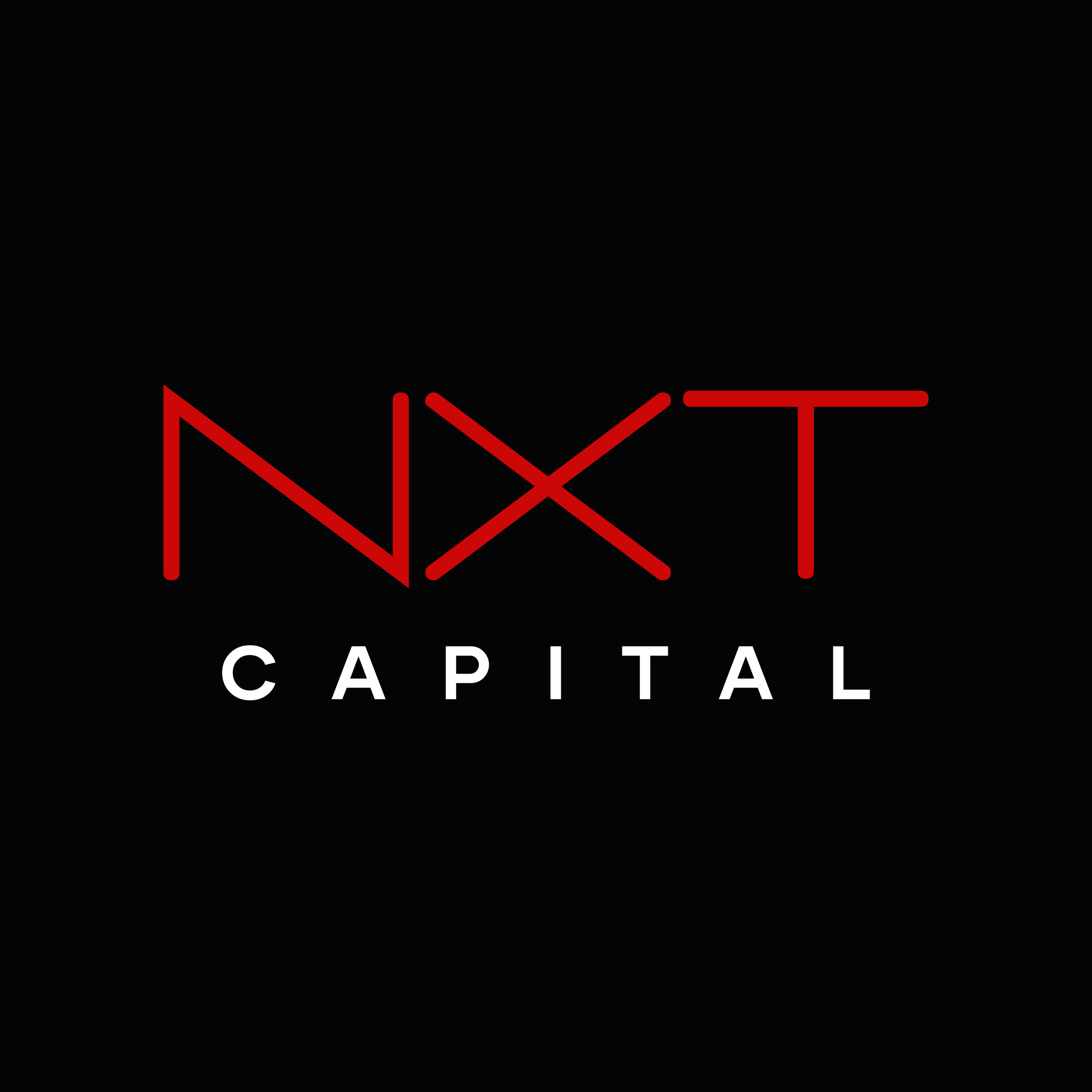Flash crasher not a flash boy
/After a 5 year investigation, the CFTC finally has found someone they can tie to the infamous flash crash of of May 6, 2010.
UK resident Navinder Sarao, a relatively small futures trader has been charged with wire fraud, 10 counts of commodities manipulation and 1 count of spoofing.
Sceptics, like Zerohedge see a 'patsy', an Oswaldesq scapegoat found to deflect blame for HFT and a failing controlling body like the CFTC. Regular media meanwhile call Sarao an HFT trader, while industry professionals are quick to point out that someone trading off a spreadsheet, using 'off the shelf' trading software from a residential house in London suburbia can by no means be considered HFT.
Perhaps Sarao was just innocently 'at the wrong place, in the wrong time', perhaps he was a petty market manipulator caught in the 'perfect storm', or even perhaps he was the perfect scapegoat working at the book depository. All these scenario's are better than the idea that a single 'nobody' can crash the market. If that's really the case, there is a serious problem with the way the market operates.





















